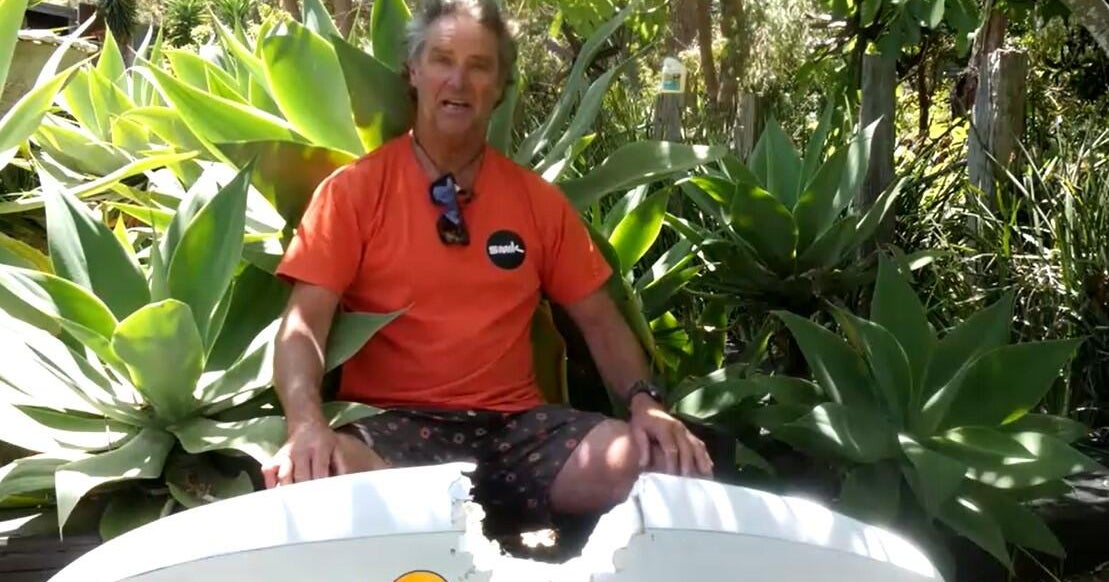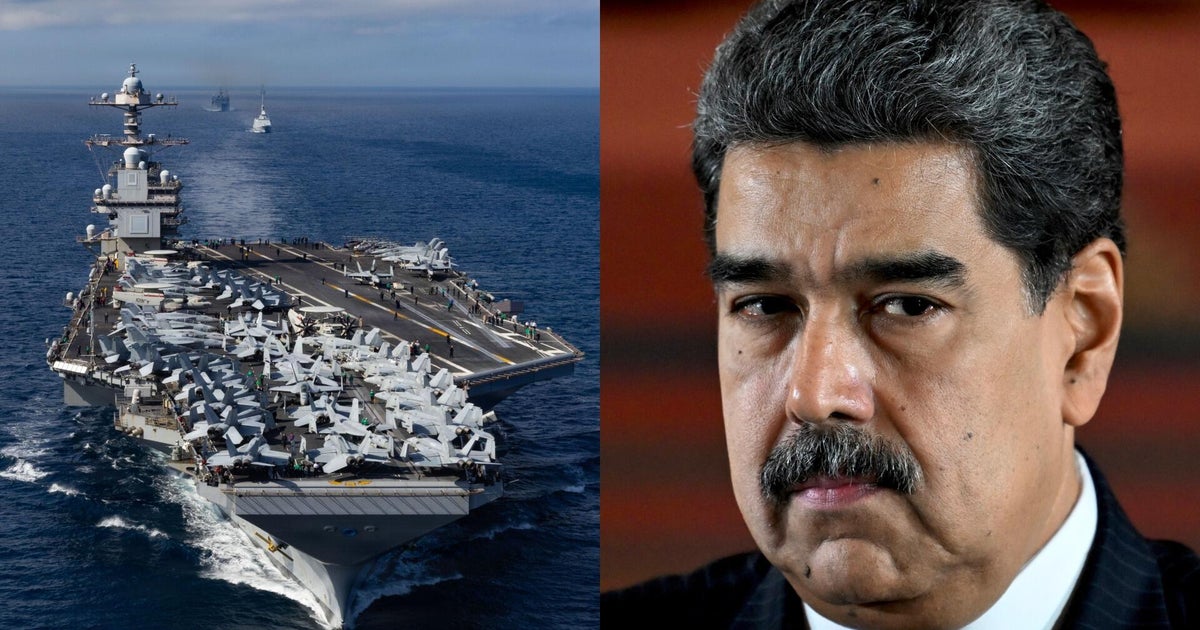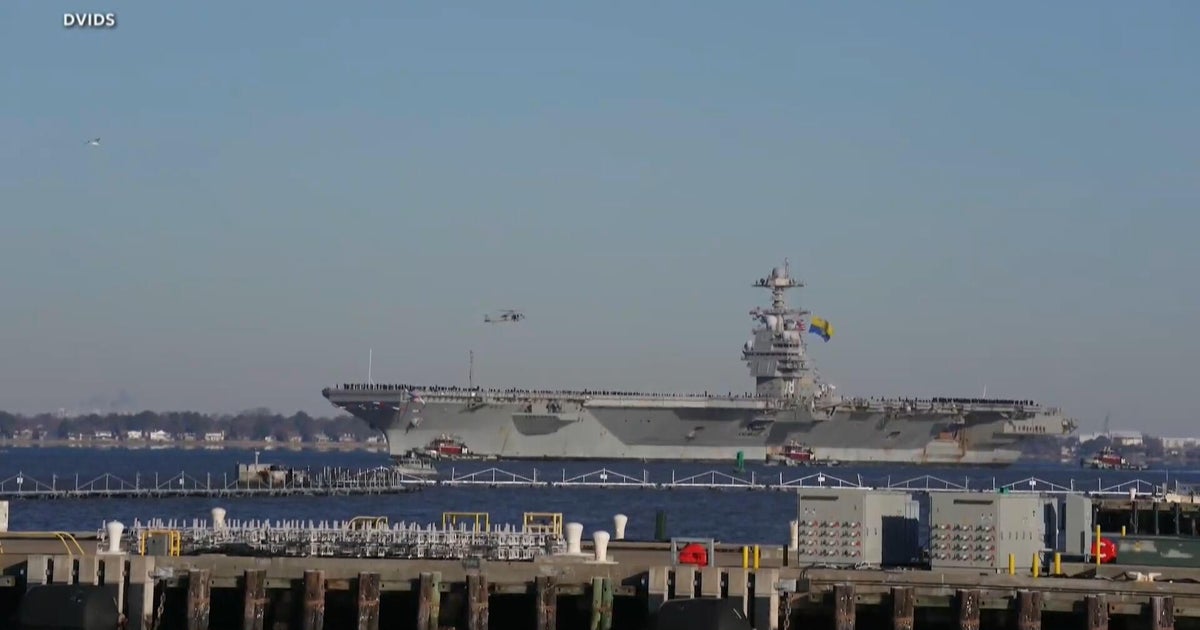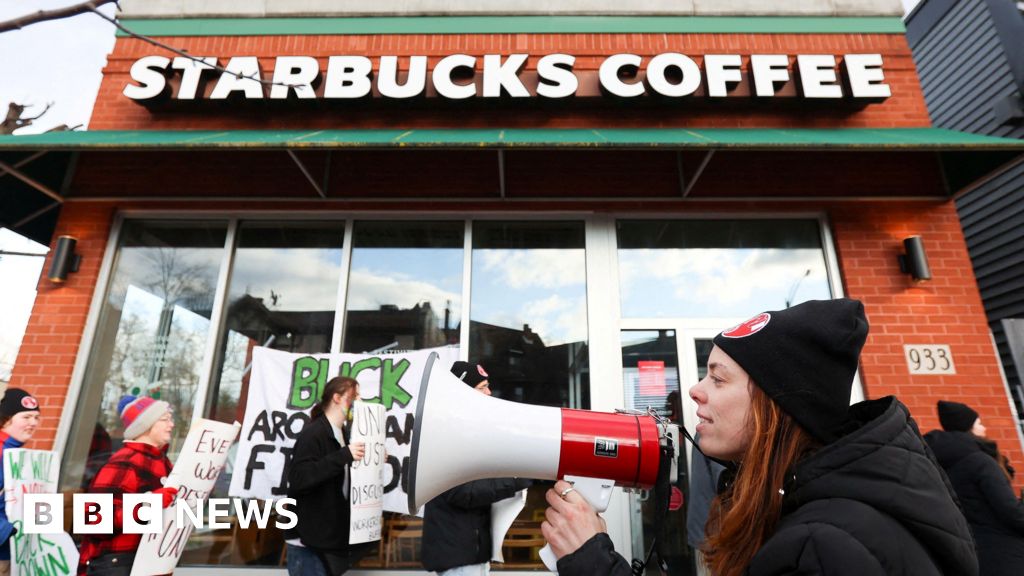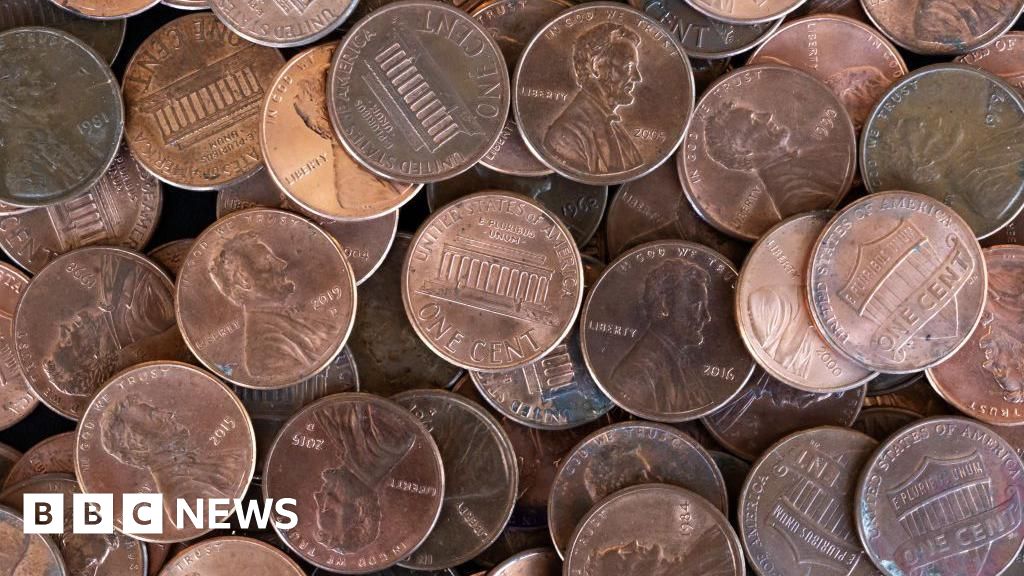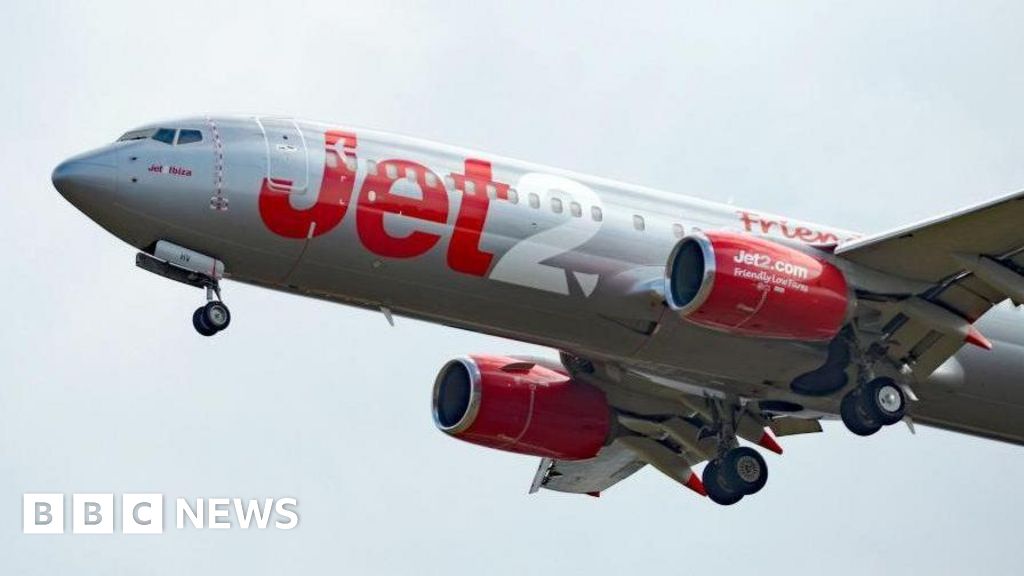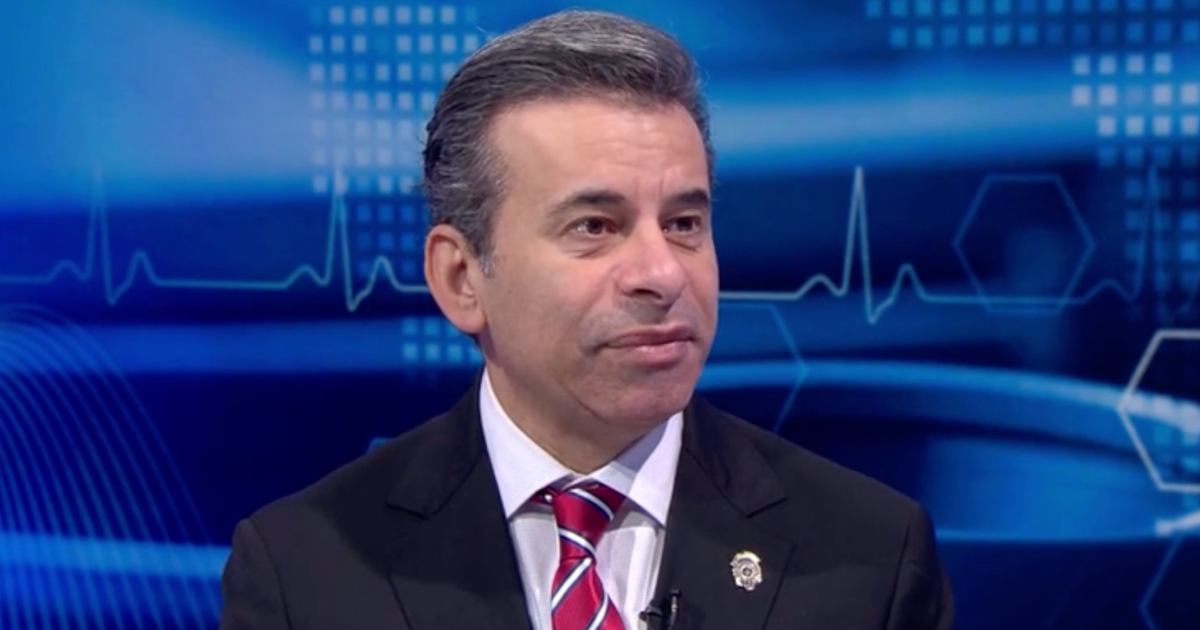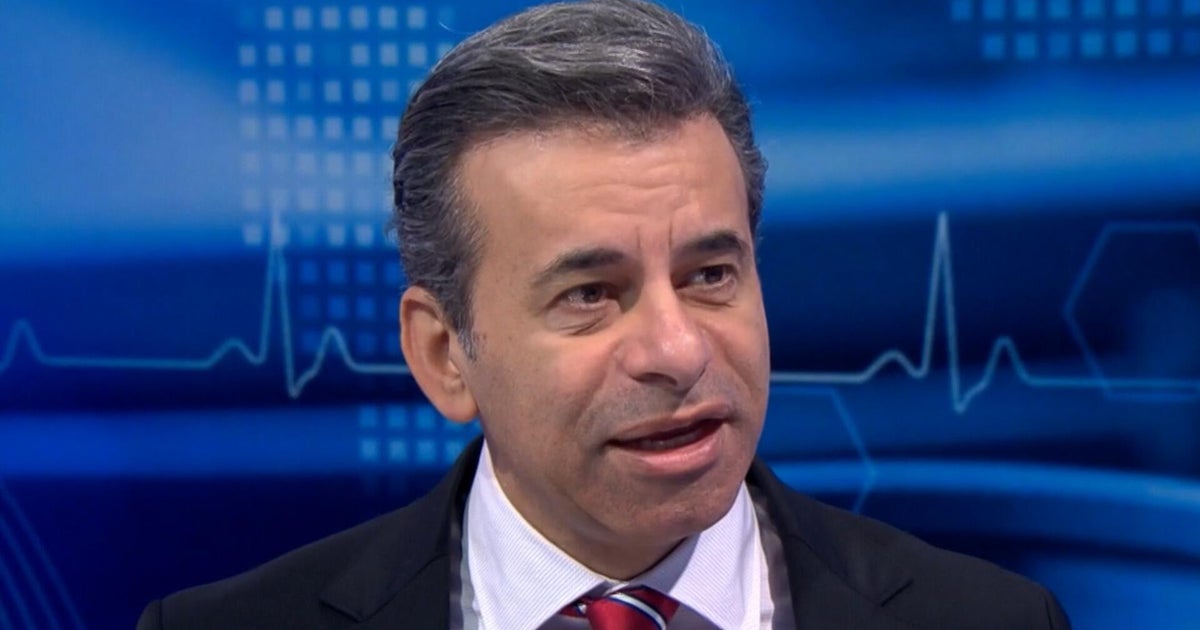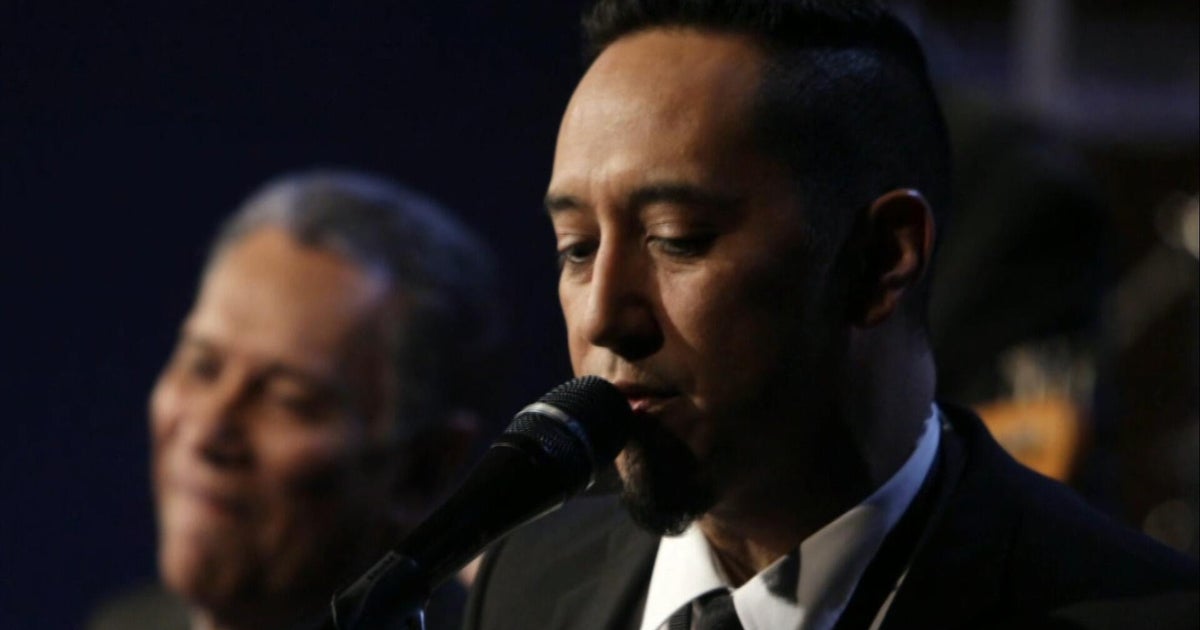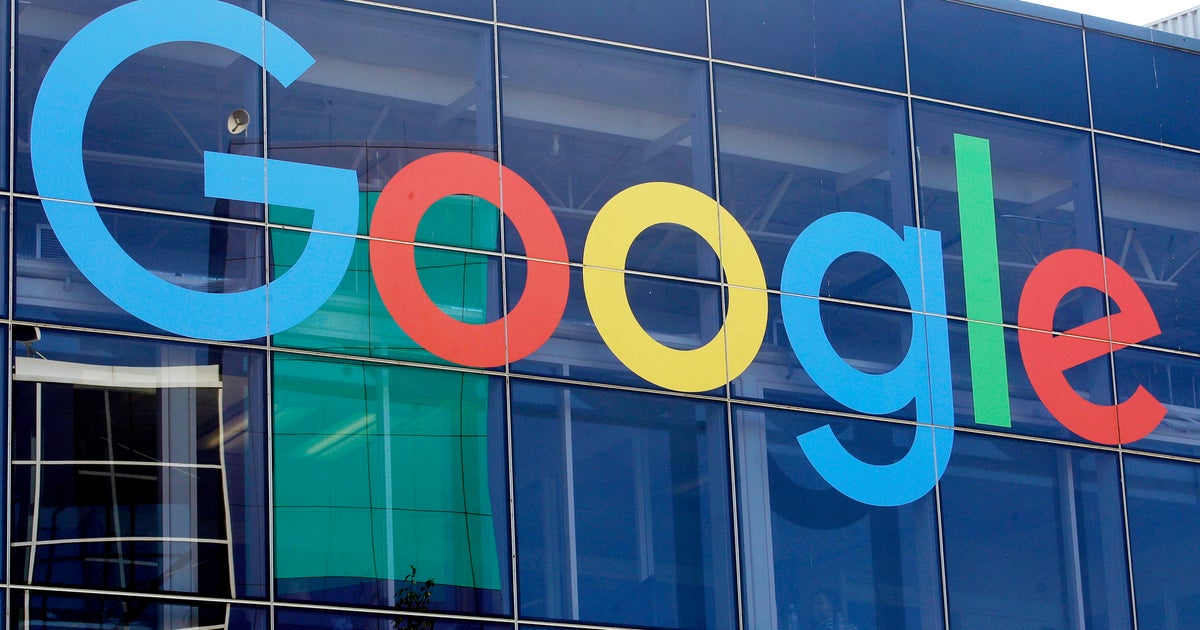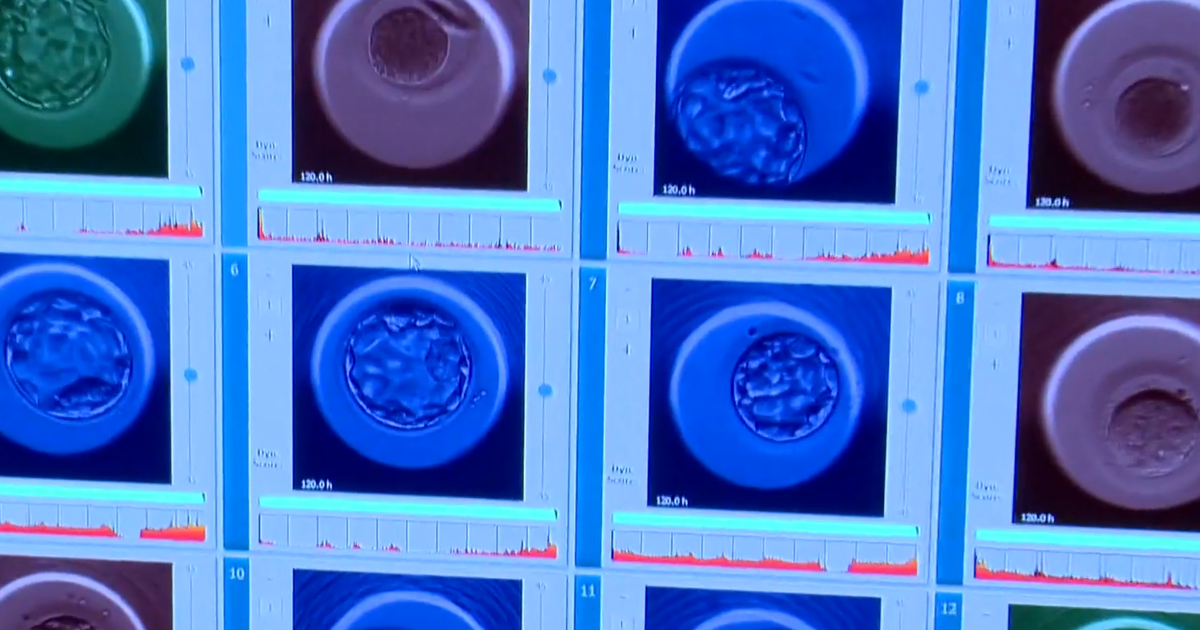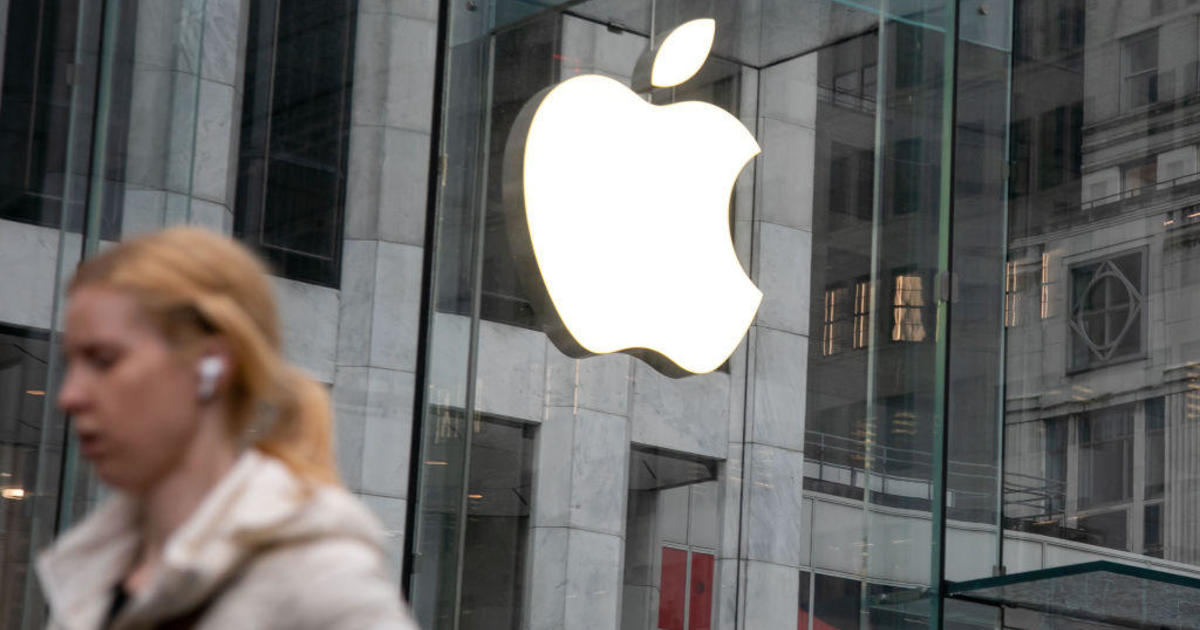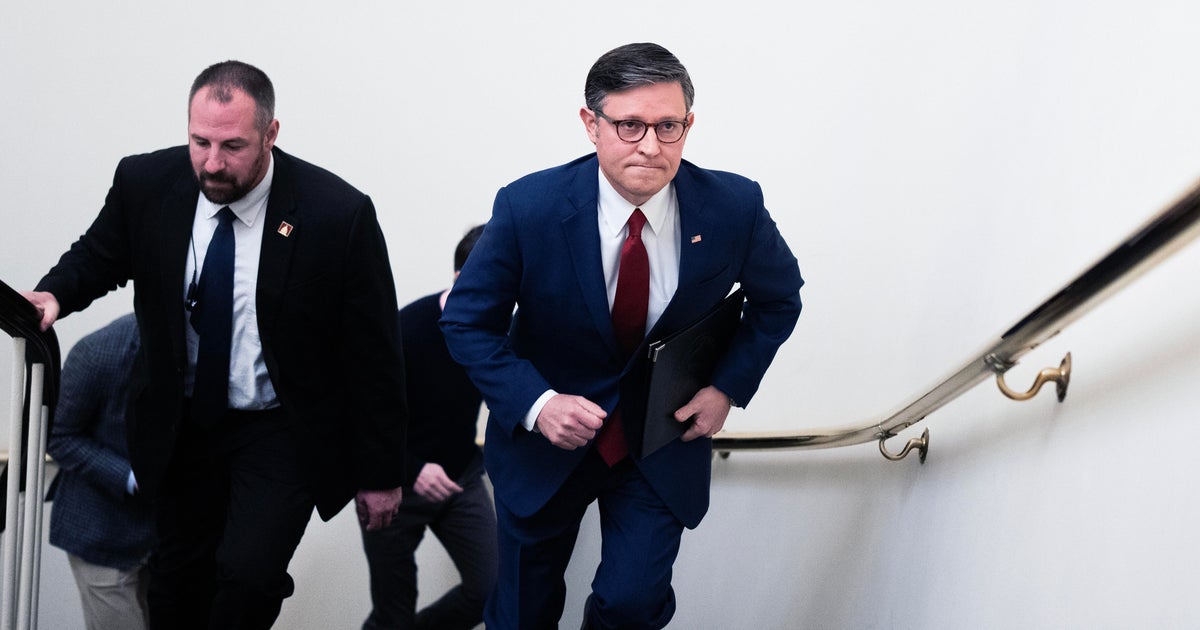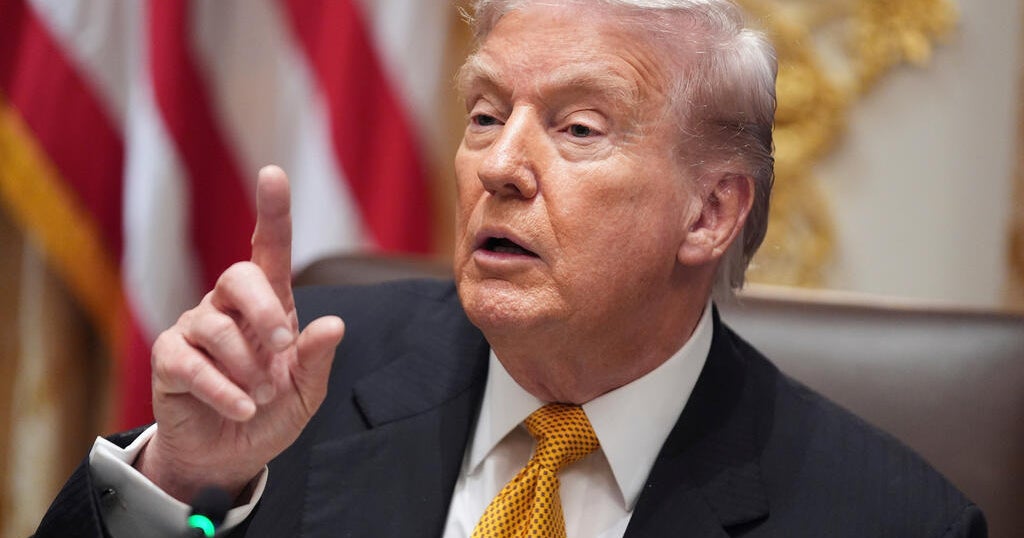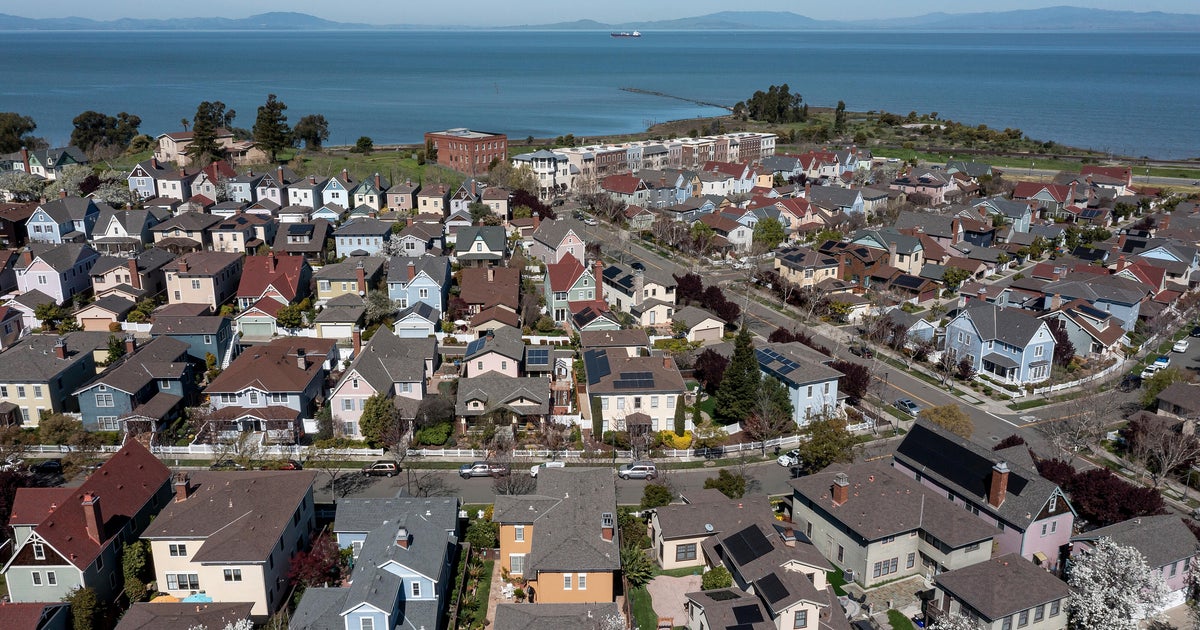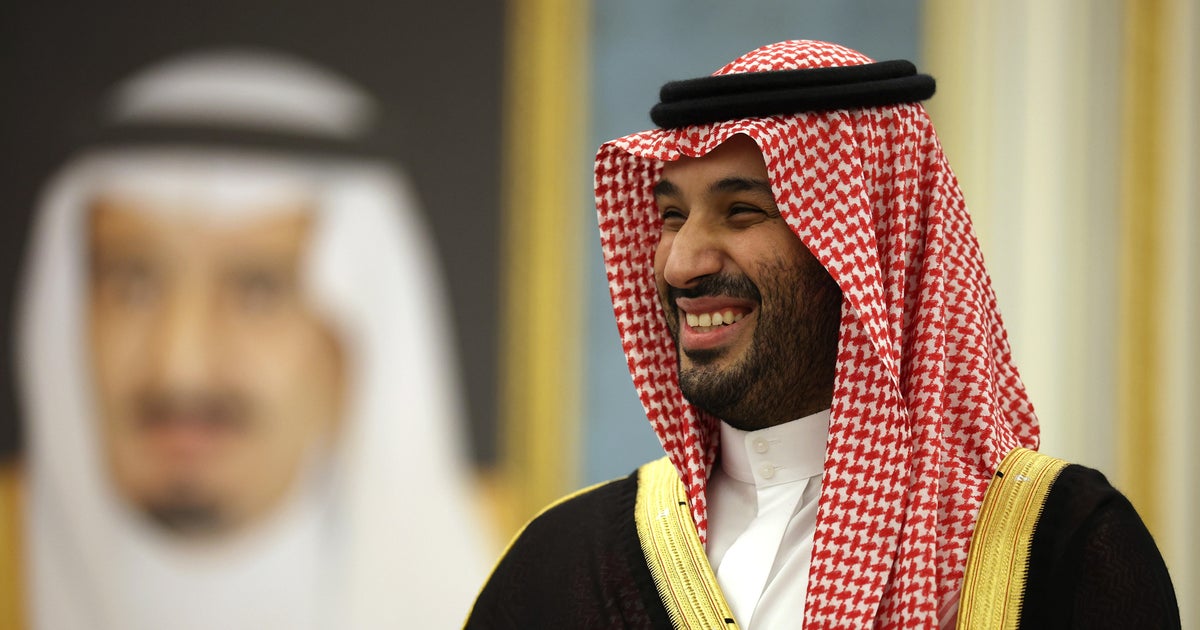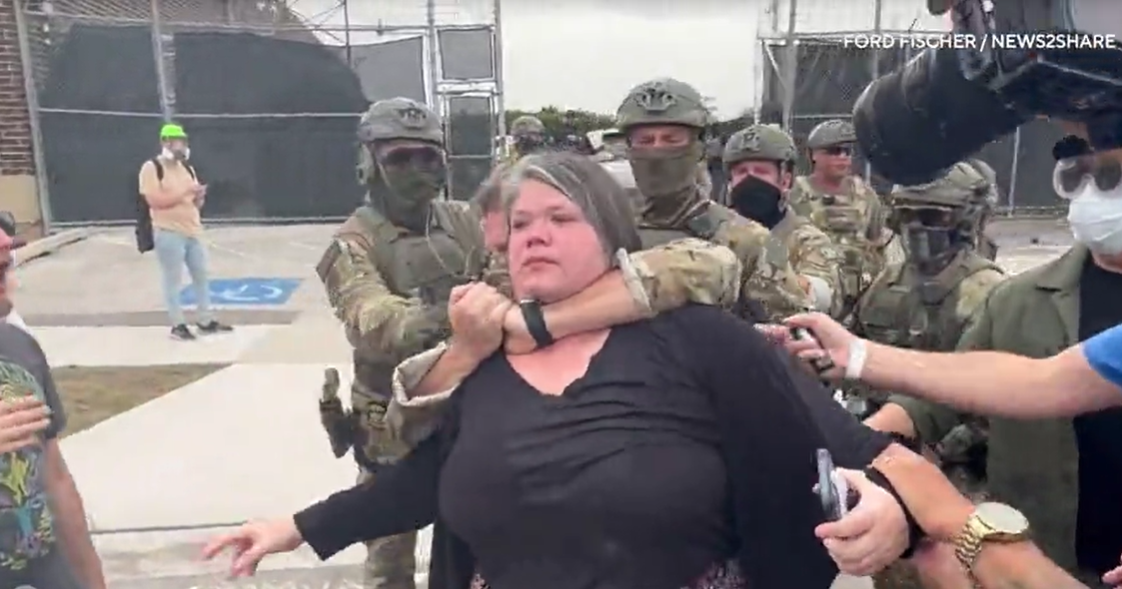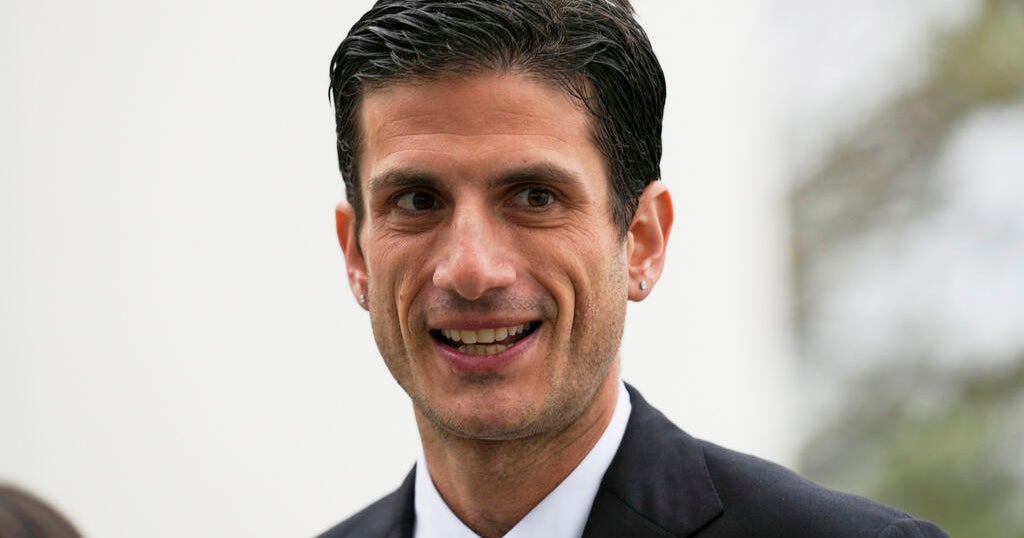Trump’s Scotland Visit Deepens U.S.–EU Trade Uncertainty as August Tariff Deadline Looms

President Donald Trump touched down in Scotland for a private working visit at a pivotal moment in U.S.–EU trade relations. With an August 1 deadline approaching, the White House has warned of imposing a 30% tariff on all imports from the European Union if no agreement is reached. As Trump meets with EU Commission President Ursula von der Leyen and UK Prime Minister Keir Starmer, negotiations remain tense and unresolved.
A Deal Hanging by a Thread
“50–50 Chance”—Trump Levels With Press
Upon arrival, Trump stated there is a “50‑50 chance, maybe less than that” of securing a trade deal with the EU before the deadline, emphasizing both sides are eager but cautious. Negotiations are described as some of his administration’s most important.
15% Tariffs in Play, 30% Threat Looms
Reports suggest negotiators are discussing a 15% baseline tariff on EU goods entering the U.S., modeled on recent agreements with Japan. If talks fail, Trump has threatened a sharp escalation—a 30% across-the-board tariff on goods from all 27 EU member states.
Stakes and Disagreements
EU Retaliation Plans
Should no trade deal materialize, EU officials have prepared countermeasures targeting more than $100 billion in U.S. exports, including digital services and industrial sectors. The bloc’s emergency planning foresees retaliatory duties potentially exceeding that figure, sparking fears of a full-fledged trade war.
Core Sectors in Focus
Negotiations center on highly sensitive sectors:
-
Automobiles: Tariffs may drop from the originally threatened 25%–30% to a proposed 15%.
-
Steel and aluminum: May remain subject to high tariffs, possibly 50%, despite pressure to scale back.
-
Pharmaceuticals and electronics: Moves toward compromise after early threats of punitive duties.
Trade Imbalance Adds Pressure
In 2024, EU exports to the U.S. reached approximately $606 billion, while American exports to the EU totaled roughly $370 billion. This trade imbalance underscores political tensions and the urgency in Washington to rebalance trade relations.
Scotland Visit: Blend of Business, Diplomacy, and Golf
Scheduled Meetings with EU and UK Leadership
Trump’s itinerary in Scotland includes meetings with EU Commission President Ursula von der Leyen and U.K. Prime Minister Keir Starmer. The meeting with von der Leyen is set for Sunday, and discussions with Starmer may include refining an earlier U.S.–UK agreement—possibly hosted at Trump’s estates.
Private Trip, Public Funding
Although labeled as private, the trip is funded by American taxpayers. Expenses such as Air Force One operations (estimated at $192,000 per hour) and other security logistics are public—younger officials and critics have raised concerns over the ethical implications of this mix of private promotion and national leadership.
Broader Fallout and Implications
Cost to Consumers
Even a scaled-back 15% tariff could elevate consumer prices in key categories—automobiles, machinery, pharmaceuticals. A full 30% tariff, however, would severely disrupt global supply chains and inflation control efforts in the U.S. economy.
Policy Volatility Holds Consequences
Trump’s negotiated style—often abrupt and unilateral—clashes with the EU’s collective decision process. This difference complicates diplomacy: while EU leaders push for structured agreements, Trump prefers direct, leader-to-leader talks—introducing unpredictability even as a framework deal nears completion.
Summary Table of Key Points
| Topic | Detail |
|---|---|
| Trade Deal Probability | ~50% per Trump; no public consensus yet |
| Proposed Tariff Terms | 15% baseline, fallback to 30% if deal fails |
| Main Sectors in Dispute | Automobiles, steel, pharmaceuticals |
| U.S.–EU Trade Imbalance 2024 | EU → U.S.: ≈$606B; U.S. → EU: ≈$370B |
| Negotiation Styles | Trump’s direct style vs. EU collective process |
| Economic Risks | Price hikes, retaliation risks, supply chain disruption |
| Funding Controversies | Public tax dollars used for a private itinerary |
Why It Matters
-
A failure to finalize a transatlantic deal could trigger global market instability and inflationary pressure.
-
Europe’s unified yet cautious stance reflects fears of unilateral American policymaking destabilizing longstanding alliances.
-
The Scotland backdrop, including Trump’s golf resorts and ancestral ties, adds symbolic weight to these negotiations.
Conclusion
President Trump's visit to Scotland is far more than a personal getaway—it represents a diplomatic gamble at a critical trade inflection point. With the August 1 tariff deadline looming, and negotiations still precarious, the outcome may determine whether the U.S. and EU sidestep a trade conflict—or plunge into one. Trump’s approach, combining personal branding and political maneuvering, raises both intrigue and concern as these talks reach their climax.
What's Your Reaction?
 Like
0
Like
0
 Dislike
0
Dislike
0
 Love
0
Love
0
 Funny
0
Funny
0
 Angry
0
Angry
0
 Sad
0
Sad
0
 Wow
0
Wow
0






